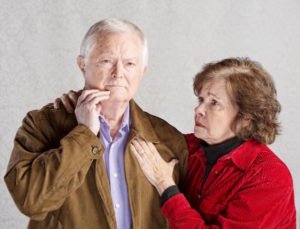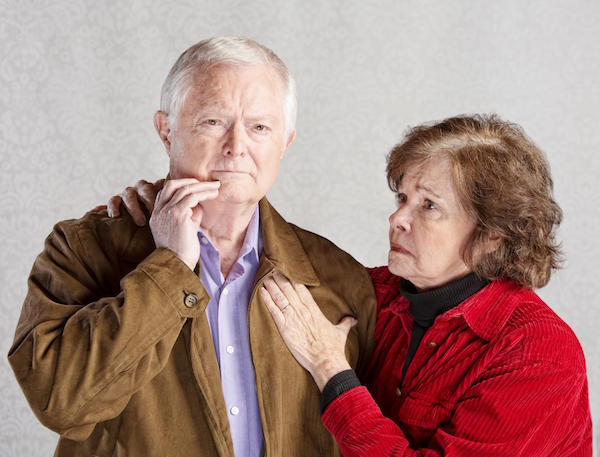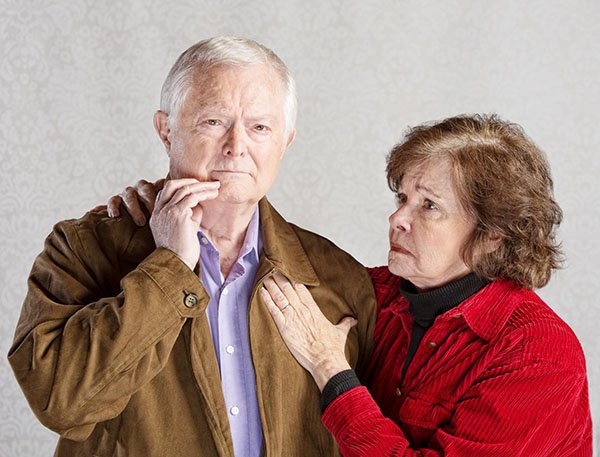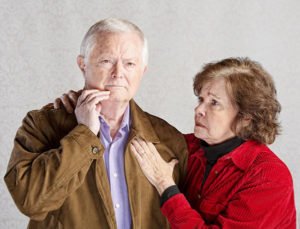World Alzheimer’s Month

Next week marks the beginning of World Alzheimer’s Month and Dementia Awareness Month. Without a medical breakthrough, the number of people with dementia in Australia is expected to increase to 536,164 by 2025 and to 1,100,890 by 2056.
World Alzheimer’s Day is on 21 September. Here at Genders and Partners, we will be honouring our clients and their caregivers who are battling Alzheimer’s and Dementia by posting on social media in order to spread awareness and start conversations about how to make life easier for those battling through these devastating diseases.






